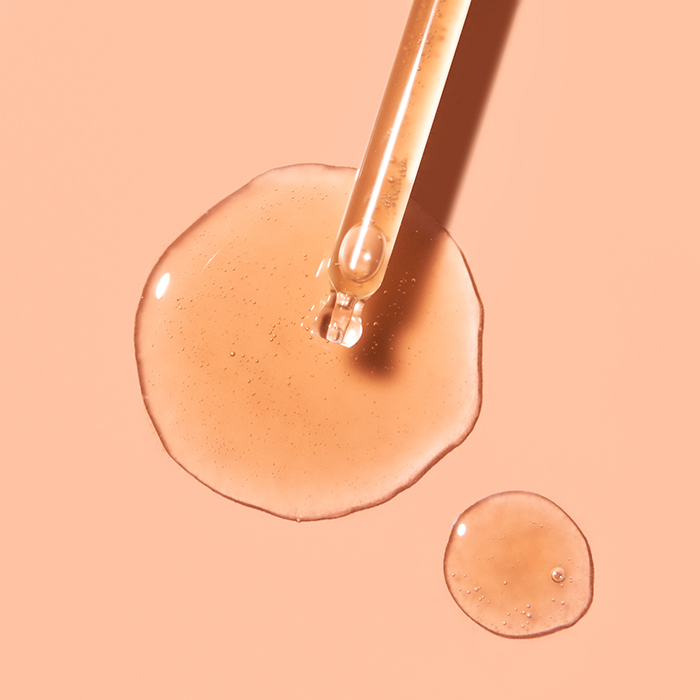Can you mix serums to create a super powerful combination of face-benefitting ingredients? Here’s how to do it right.
Fun fact about me: I love serums! I mean, I don’t really understand why someone wouldn’t love highly concentrated formulas that solve skin issues. I’m also a skin care junkie, which means that I’ve amassed quite a collection of formulas to choose from.
But do I really have to choose? There are days when I want to mix my anti-aging serum with my brightening one or my hydrating one with an anti-aging one. In these instances, I tend to mix a few drops of different serums for a more diverse approach to treating my skin issues. Plus, it saves me some extra time in my routine.
Because serums are highly concentrated, I wondered whether or not it was safe and beneficial to mix my serums. To find out, I reached out to dermatologist Joshua Zeichner, the director of cosmetic & clinical research in dermatology at Mount Sinai Hospital in New York City.
Is it okay to mix serums?
The short answer is yes and no. “Some products can be compounded, but not all. In fact, some ingredients like vitamin C and retinol are highly unstable and do not play nicely with other ingredients,” says Zeichner. You can read more about the do’s and don’ts of mixing strong ingredients (including acids like AHAs and BHAs) here.
“Botanicals, skin brighteners (aside from vitamin C), skin calming ingredients, and hydrators are likely OK to combine,” says Zeichner.
Below, I’ve rounded up some of my tried-and-true serum cocktails:
For dry skin:
My skin is usually on the dry side but the winter can make it extremely dry, so much so that my normal routine just doesn’t cut it. In this case, I love to supplement my anti-aging serums with more hydrating ones so I can add an extra layer of moisture without missing out on any potent ingredients.
A great combination is The Plant Base Time Stop Collagen Ampoule with the brand’s Quesera Ceramide ampoule. The former stimulates collagen production and targets wrinkles for a more youthful complexion, while the latter is packed with ceramide, an ingredient that enrobes skin in moisture. It also contains rice water to brighten and improve skin texture.
For oily and acne-prone skin:
When it comes to acne-prone skin you want a cocktail that hydrates (to avoid the overproduction of oil), calms inflamed breakouts, and brightens and prevents acne scars.
The Neogen Real Ferment Micro Serum moisturizes and brightens skin with fermented ingredients like rice water and is popular among all skin types for its lightweight formula that makes skin feel instantly soft instead of sticky. Pair it with the also light Klair’s Rich Moist Soothing Serum for a dose of calming ingredients.
This powerful combination will help to fight acne and brighten pigmentation all at once.
For sensitive skin:
Strong active ingredients like vitamin C can irritate sensitive skin types, but that doesn’t mean you have to avoid them. Choose a vitamin C serum with a lower dose of the ingredient like the Klairs Freshly Juiced Vitamin C Drop serum (it contains 5% pure vitamin C), and pair it or follow-up with a formula like the Isntree Spot Saver Mugwort Ampoule.
The Isntree formula is 85% mugwort, a super healing ingredient. It also contains panthenol and ceramide to protect the skin barrier from getting compromised.
Bottom Line
Cocktailing your serums is an easy and fun way to cut down your routine as well as customize it to fight the skin concerns you’re looking to alleviate. Just make sure to avoid mixing more volatile ingredients like vitamin C, AHA/BHAs, and retinol unless you’ve patch-tested or consulted with your dermatologist first.
